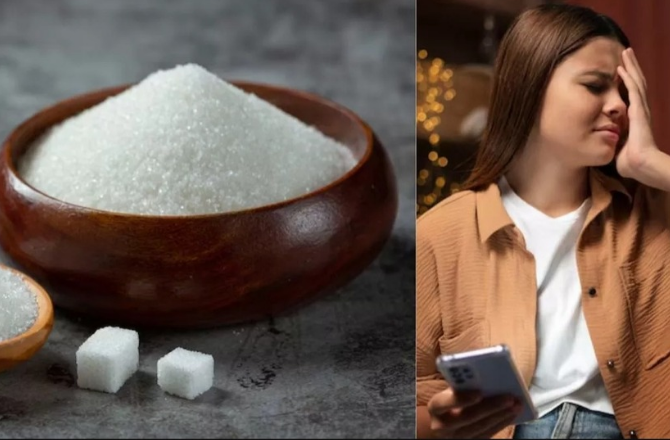Study: Artificial Sweeteners May Age the Brain and Weaken Memory
Washington— A new medical study has raised concerns that artificial sweeteners could be harmful to brain health if consumed in excess. Published in the journal Neurology of the American Academy of Neurology, the study found that sweeteners such as aspartame, saccharin, erythritol, acesulfame-K, xylitol, sorbitol, and tagatose may increase the brain’s age by an average…
Washington— A new medical study has raised concerns that artificial sweeteners could be harmful to brain health if consumed in excess.
Published in the journal Neurology of the American Academy of Neurology, the study found that sweeteners such as aspartame, saccharin, erythritol, acesulfame-K, xylitol, sorbitol, and tagatose may increase the brain’s age by an average of 1.6 years. Researchers say this can lead to a decline in cognitive abilities and memory weakness.
The large-scale research, conducted in Brazil on more than 12,700 adults over a span of eight years, monitored their intake of artificial sweeteners commonly found in diet sodas, flavored waters, yogurts, and low-calorie desserts.
While these sweeteners may help reduce calories and aid in weight control, experts caution that their long-term use could accelerate brain aging.







